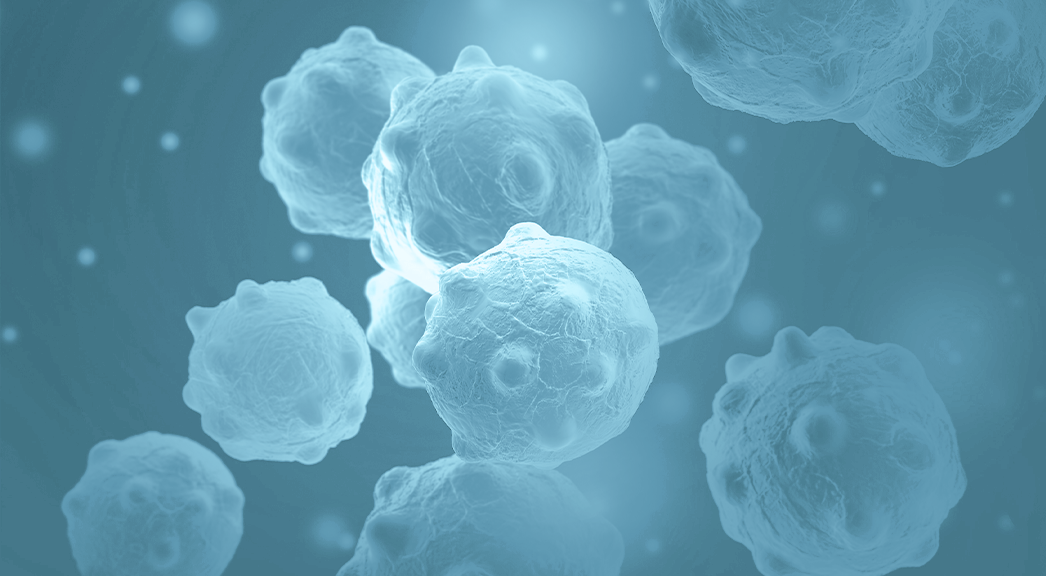
Cancer has long been the most feared of diseases, the “emperor of all maladies,” as one 19th-century surgeon described it.
Scientists throughout the ages have worked to develop the tools we now use to fight this brutal disease. Most current cancer treatments act through external agents like chemotherapy or radiation to kill cancer cells.
Immuno-oncology, in contrast, restores the innate immune system’s own ability to recognize and destroy tumor cells. Until recently, the field of immuno-oncology has been largely overlooked as a therapeutic approach to cancer. Today, it is emerging as a lead area of scientific discovery due to its potential to present multiple options for patients. Engaging the innate immune system, which is inherently powerful, opens new opportunities for long-lasting, multilayered tumor control. We believe it is not only a highly valuable component to fighting many types of cancer; but is the key to building a safe and potentially curative approach to cancer.
Unlocking the power of the innate immune system
The innate immune system is the body’s first line of defense against any detected foreign invaders and abnormal cells, including tumor cells. It attacks these invaders by activating white blood cells which are made up of macrophages, natural killer cells and others. These innate immune cells work to trigger cells of the adaptive immune system, such as T cells, enabling a multi-layered immune response.
Recognizing the need for new and better therapies for cancer, Affimed has harnessed what we know about the innate immune system to develop our diverse pipeline of novel innate cell engagers (ICE®). These molecules, developed through our proprietary Redirected Optimized Cell Killing (ROCK®) platform technology, create a bridge between innate immune cells and tumor cells.
This bridge is imperative to fighting cancer as it gives the innate immune cells the ability to kill cancer. Often, when a person is battling cancer, his or her immune system can be dysfunctional, hindering the body’s ability to effectively fight off diseases. Our ICE® molecules are designed to support the body’s immune system in fighting cancer by binding to specific antigens on tumor cells, as well as to a receptor called CD16A on innate immune cells. When the innate immune cell and tumor cell are joined, the innate immune cell can successfully destroy the tumor cell.
Our ICE® molecules deliver promising results for patients
This groundbreaking work has come to life in the form of our leading ICE® molecules: Acimtamig (AFM13), AFM24 and AFM28.
Our most clinically-advanced molecule, acimtamig works by recognizing the antigen CD30 on lymphatic tissue tumor cells and has been designed for treatment of patients with Hodgkin lymphoma and certain T-cell lymphomas. We have seen promising results with this ICE® molecule, including in our study published in Blood combining acimtamig with pembrolizumab (KEYTRUDA®) in patients with relapsed or refractory Hodgkin lymphoma demonstrating a high response rate among patients.1 These patients had exhausted other therapeutic options, reinforcing our commitment to advancing acimtamig in the clinic.
In addition, an investigator sponsored trial of acimtamig in combination with allogeneic cord blood-derived NK cells has shown unprecedented efficacy results for heavily pretreated patients with Hodgkin lymphoma. Patients treated with the recommended phase 2 dose (RP2D) achieved an objective response rate of 97% and a complete response rate of 78%. For the same cohort the median event-free survival was 9.8 months with 84% patients alive at 12 months, and median duration of response (DoR) was 8.8 months.2
The U.S. Food and Drug Administration granted orphan drug designation for acimtamig in April 2020, which will accelerate the eventual delivery of this novel therapy.
AFM24, our second ICE® molecule in a clinical trial, targets a protein called epidermal growth factor receptor (EGFR). EGFR plays a role in the development of numerous solid cancers. AFM24’s mechanism of action is distinct from other approaches in the area as it works through the engagement of innate immune cells rather than signal inhibition. In contrast to current therapies, AFM24 has the potential to treat many patients with EGFR, including those who are resistant to current treatments, with a more acceptable safety profile.
AFM24 is in development for combination with atezolizumab, Roche’s checkpoint inhibitor.
In addition to acimtamig and AFM24, Affimed investigates a third ICE® in the clinic. AFM28, a CD123- and CD16A-targeting ICE® is in a Phase 1 clinical study for patients with acute myeloid leukemia (AML).
Paving the way for transformative treatments
Affimed was the first company with a clinical-stage ICE®, and we have strengthened our capabilities by partnering with other leading innovators in the industry. Together, we believe we can accomplish one common goal: to create therapeutics that give patients back their innate ability to fight cancer.
1Bartlett et al. Blood 2020; 136: 2401–2409.
2Affimed press release 11 December 2023: Affimed Announces Updated Phase 1/2 Data from Acimtamig in Combination with Allogeneic NK in Hodgkin Lymphoma Patients Who Failed Prior Chemotherapy and Are Double-Refractory to Brentuximab Vedotin (BV) and Checkpoint Inhibitors (CPIs) – Affimed